
A Little Change for The Diapers, A Big Change for The World | Eco Boom Baby Bamboo Diapers and Wipes Manufacturer
A Little Change for The Diapers, A Big Change for The World | Eco Boom Baby Bamboo Diapers and Wipes Manufacturer

The postpartum period refers to the first six weeks after childbirth. This is a joyous time, but it’s also a period of adjustment and healing for mothers.
What is postpartum care?
The postpartum period refers to the first six weeks after childbirth. This is a joyous time, but it’s also a period of adjustment and healing for mothers. During these weeks, you’ll bond with your baby and you’ll have a post-delivery checkup with your doctor.
Adjusting to motherhood
Adjusting to everyday life after the birth of a baby has its challenges, especially if you’re a new mother. Although it’s important to care for your baby, you also have to take care of yourself.
Most new mothers don’t return to work for at least the first six weeks after birth. This allows time to adapt and develop a new normal. Since a baby has to be fed and changed diaper often, you may experience sleepless nights. It can be frustrating and tiresome. The good news is that you’ll eventually fall into a routine. In the meantime, here’s what you can do for an easier transition:
Get plenty of rest
Get as much sleep as possible to cope with tiredness and fatigue. Your baby may wake up every two to three hours for feeding. To make sure you’re getting enough rest, sleep when your baby sleeps.
Seek help
Don’t hesitate to accept help from family and friends during the postpartum period, as well as after this period. Your body needs to heal, and practical help around the home can help you get much-needed rest. Friends or family can prepare meals, run errands, or help care for other children in the home.
Eat healthy meals
Maintain a healthy diet to promote healing. Increase your intake of whole grains, vegetables, fruits, and protein. You should also increase your fluid intake, especially if you are breast-feeding.
Exercise
Your doctor will let you know when it’s OK to exercise. The activity should not be strenuous. Try taking a walk near your house. The change of scenery is refreshing and can increase your energy level.
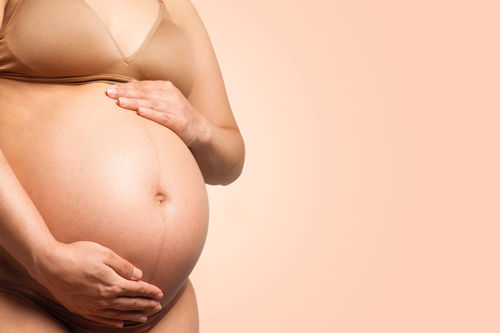

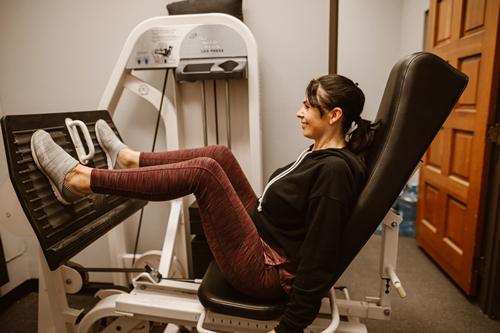
Postpartum Massage Can Help Recovery After Birth
Do you enjoy physical touch? Did you find massage useful to relieve aches and pains during pregnancy? Do you crave pampering and healing now that your baby has arrived?
To put it simply, a postpartum massage is a full body massage that occurs within the first 12 weeks after you give birth to your baby.
While the definition of postpartum massage may not seem like anything special, receiving one can benefit your mood and speed up healing.
Postpartum massages usually include many of the same elements of regular massages. Women who get a massage after giving birth will likely notice numerous benefits to their body and mood that are associated with massage in general.
If you have had a cesarean delivery, talk to both your doctor and massage therapist to be sure it is safe. Some massage therapists will not work on people who have had surgery in the last 6 weeks.
If you’ve had blood clots in your pregnancy or previously, your doctor will likely have already recommended you avoid massage. Check with your doctor when it is safe to resume massage.
Some general benefits of massage include:
pain relief
stress reduction
Relaxation
While these are good enough reasons for anyone to want a massage, new mothers in particular may consider massage. Massage offers specific benefits for your health during the fourth trimester.
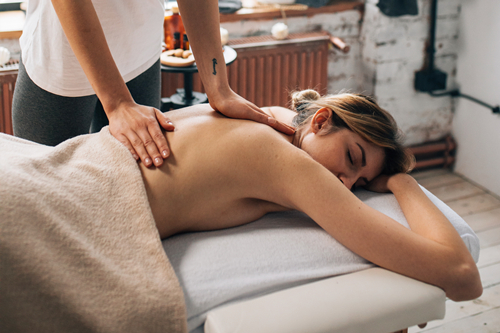
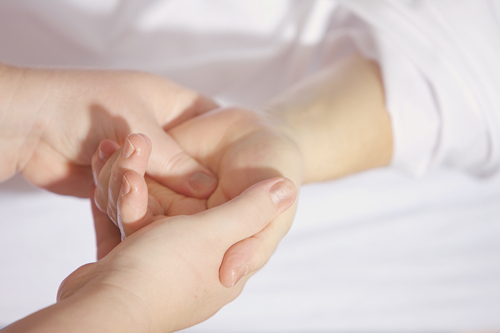
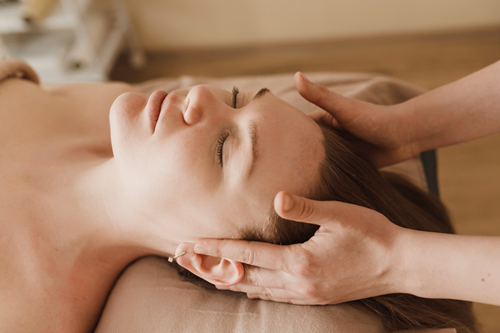
Benefits of massage for the postpartum mom include:
Reduced swelling
Many mothers find that their body swells during labor. Massaging can help to redistribute water within the body and encourage the draining and circulation of excess fluids.
Improved breast milk production
For moms seeking an increase in their breast milk supply, massage can be a great way to increase circulation and the necessary hormones to make this happen, as evidenced in this 2020 studyTrusted Source.
Hormone regulation
The postpartum body is one of constantly fluctuating hormones. In addition to touch, many massages involve essential oils that may help elevate one’s mood and may encourage hormonal balance.
Reduced anxiety and depression
Many new parents experience the “baby blues” or even postpartum depression. Getting a massage can help to decrease stress contributing to these anxious and depressed feelings.
Better sleep
Everyone knows new parents need as much sleep as they can get! Massage can help parents relax and get their body ready for deep, restorative sleep.
Copyright © 2019 XIAMEN MK HEALTH CARE PRODUCT CO., LTD . | All Rights Reserved
We are here to help you! If you close the chatbox, you will automatically receive a response from us via email. Please be sure to leave your contact details so that we can better assist